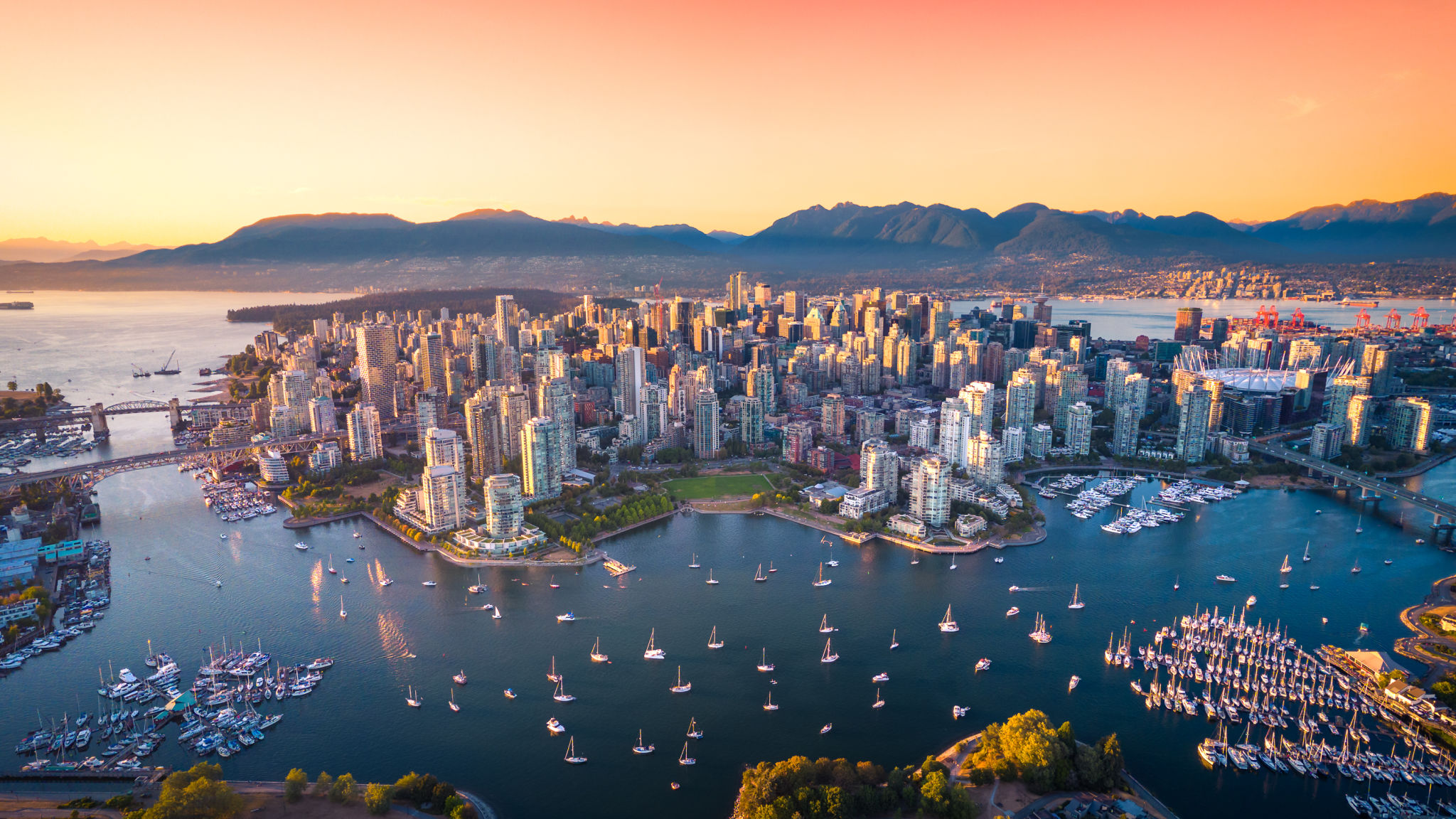Top 5 Trends Shaping Metro Vancouver's Real Estate Market
Introduction to Metro Vancouver's Real Estate Trends
Metro Vancouver's real estate market is a dynamic and ever-evolving landscape. As one of Canada's most desirable locations, it attracts both local and international buyers. Understanding the current trends is key for anyone looking to invest, sell, or purchase property in this vibrant region.

1. Urbanization and High-Density Living
One significant trend shaping Metro Vancouver's real estate market is the push towards urbanization and high-density living. With limited land available, developers are focusing on building upwards rather than outwards. This has led to a surge in the construction of high-rise condos and mixed-use developments in key areas.
These developments are not only maximizing space but also incorporating amenities such as gyms, pools, and communal areas, catering to the modern urban lifestyle. For potential buyers, this means more options for compact living with convenient access to city amenities.
2. Sustainable and Green Building Practices
Sustainability has become a cornerstone of new developments in Metro Vancouver. Builders are increasingly adopting green building practices, using eco-friendly materials and energy-efficient designs. This trend is driven by both government regulations and consumer demand for environmentally responsible living spaces.

Homebuyers are increasingly prioritizing properties that offer reduced energy costs and a smaller carbon footprint. Features like solar panels, green roofs, and rainwater collection systems are becoming more common.
3. Technology Integration in Real Estate
Technology is revolutionizing the real estate market in Metro Vancouver. Smart home technology is no longer a luxury but a standard expectation among buyers. From automation systems controlling lighting and temperature to advanced security features, tech integration is enhancing the living experience.
The use of virtual reality (VR) and augmented reality (AR) in real estate transactions is also on the rise, offering potential buyers virtual tours of properties from anywhere in the world. This technology provides a more immersive experience, helping buyers make informed decisions without physical visits.

4. Shifts in Demographics
The demographic landscape of Metro Vancouver is shifting, influencing housing demands. An aging population is driving demand for accessible housing options, while younger generations are seeking affordable entry points into the market.
Developers are responding by creating diverse housing solutions that cater to these varying needs, such as smaller units for young professionals and more accessible designs for older adults.
5. Impact of Remote Work
The rise of remote work has had a profound impact on Metro Vancouver's real estate market. With more people working from home, there is an increasing demand for properties that offer home office spaces and larger living areas to accommodate this new way of working.
Suburban areas are becoming more attractive as people seek quieter environments with more space while maintaining access to city amenities. This shift is reshaping the demand dynamics across different neighborhoods in Metro Vancouver.

Conclusion: Navigating the Market
Metro Vancouver's real estate market is characterized by a blend of innovation, sustainability, and adaptability to changing lifestyles. Whether you're a buyer, seller, or investor, staying informed about these trends will help you navigate this competitive landscape effectively.
By understanding these key trends, stakeholders can make strategic decisions that align with future growth and development in this thriving region.
